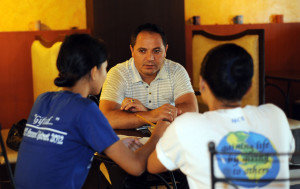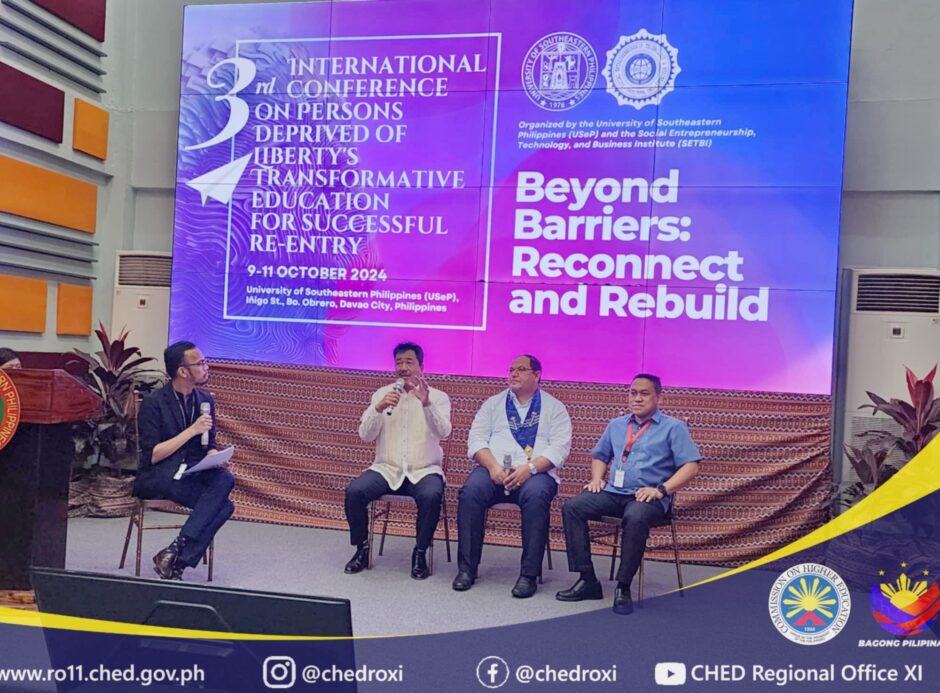 The future of any country depends on the quality of its education system. However, problems naturally occur within a system. No country has succeeded if it has not educated its people because an illiterate population leads to numerous social ills, including poverty, in addition to a lack of national development. Not only is education important to eradicating poverty, but it is also a way to create wealth.
The future of any country depends on the quality of its education system. However, problems naturally occur within a system. No country has succeeded if it has not educated its people because an illiterate population leads to numerous social ills, including poverty, in addition to a lack of national development. Not only is education important to eradicating poverty, but it is also a way to create wealth.
Most often the responsibility to educate lies with individual schools or the government, with the former developing curricula and programs and the latter creating legislation and funding for the mandates, but with both entities working to improve conditions in schools. For example, in the United States the No Child Left Behind Act of 2001 sought to aid the disadvantaged K-12 students by calling for reforms and accountability at local and state levels for programs that received federal funding. The programs developed under this legislation have had an impact on many schools.
Although improving all levels of education fosters social and economic growth, primary education is critical to breaking the cycle of poverty and boosting community development. In the Philippines, there are still many children with limited access to education due to economic circumstances, lack of role models, and minimal value placed on education. The Philippine government hopes to solve this education problem, especially among the disadvantaged communities, by offering the Alternative Learning System (ALS), which targets dropouts, whether out-of-school children, youth, or adults, to give them a chance to finish their basic education. Legislation tasks the Department of Education with the challenge of Education for All (EFA) to “encourage non-formal, informal, and indigenous l

